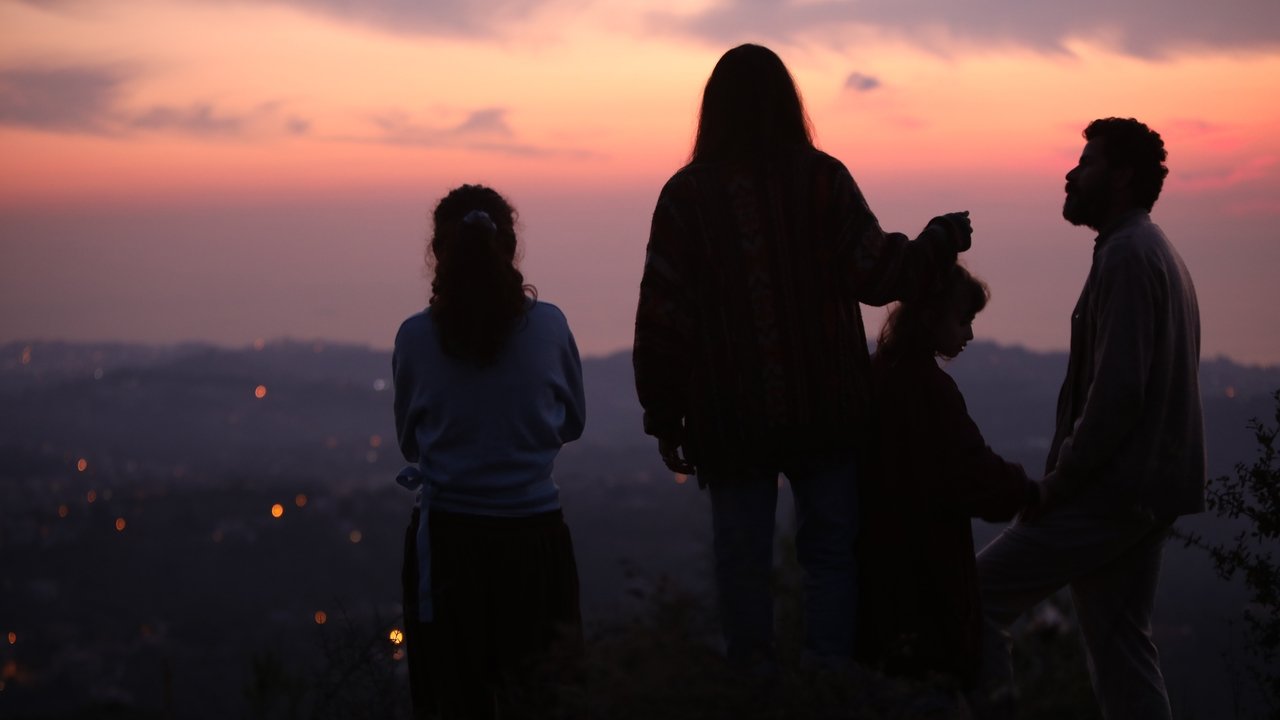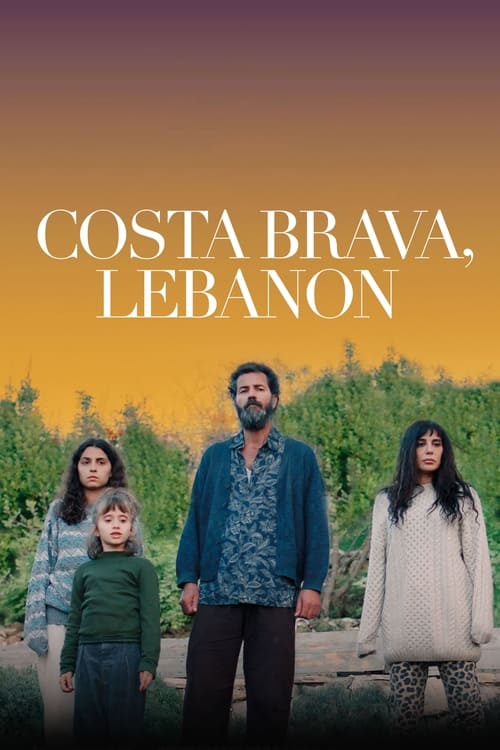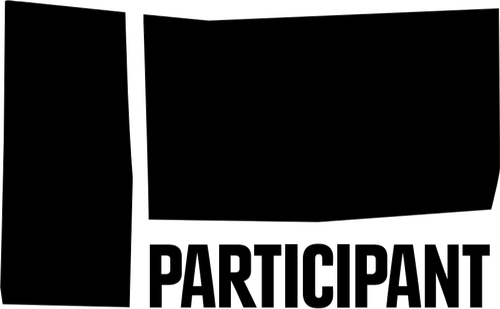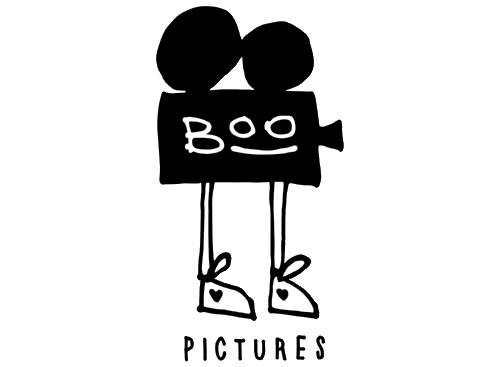
Costa Brava, Lebanon

Members of a family quit the polluted, rubbish-strewn city of Beirut for an idyllic mountain home. However, their dreams of a utopian existence are shattered by the construction of a landfill on the boundary of their land.































Costa Brava, Lebanon is a powerful and thought-provoking portrait of a Lebanese family trying to build a peaceful, harmonious life outside Beirut. But their dream of a self-made utopia quickly begins to crack when the government decides to build a massive landfill—an “eco-park”—right next to their property. A simple fence is all that separates the family’s garden from towering heaps of waste meant to solve the city’s environmental crisis.
This isn’t a classic drama with big plot twists or constant action. Instead, the film shines in its warm, vibrant, and at times tense social interactions. The dialogue between family members feels authentic and honest, giving the film a sense of intimacy and realism.
The premise might seem surreal to a Western audience used to strict regulations around waste management. But Lebanon’s real-life context grounds the story firmly: in 2015, the country’s largest landfill near Beirut collapsed, triggering a severe trash crisis. Garbage piled up in the streets, was burned illegally, or dumped into the sea. New facilities were branded as “eco-parks” to sound green and sustainable—but were in practice poorly planned dumping grounds. That kind of corrupt and cynical pattern is exactly what the film exposes.
At its heart, this is also an emotional story about love, betrayal, and a family in conflict. Parents Souraya and Walid have tried to create a seemingly idyllic environment for their children—but that outer beauty quickly starts to crack. I really appreciate how the film captures the dream of living away from the city’s chaos, more ecologically and simply, while showing how easily that dream can be destroyed by political decisions and abuse of power.
Of course, there are weaknesses. Several loose threads never truly get resolved—for example, we never really learn why Souraya gave up her music career to move with Walid. Was it really just for love? Some of these questions are left frustratingly unexplained.
Still, despite these flaws, I think this is one of the finer dramas I’ve seen in a long time. It’s beautiful, poetic, socially sharp, and filled with emotional closeness. This was probably the first Lebanese film I can remember watching—and I was happy to see how intimately and believably it portrays its characters and their reality.
⭐ Rating 7/10
Film / Cinematography: 7/10 (The visuals are beautiful)
Authenticity: 8/10 (Indirect connection to the 2015 crisis)